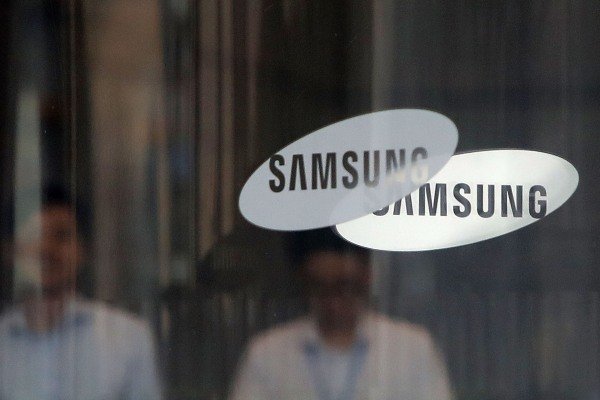A month after internal, sensitive data from Samsung was accidentally leaked to ChatGPT, Samsung is cracking down on usage of the generative AI service. The electronics giant is temporarily restricting the use of generative AI tools on company-owned devices, covering computers, tablets and phones, as well as non-company-owned devices running on internal networks. The ban would cover not just ChatGPT, but services that use the technology like Microsoft’s Bing, as well as competing generative AI services like Bard from Google.
The ban was initially reported by Bloomberg. The rule, which took effect on 1 May, would only apply to devices issued by Samsung to its workers — meaning consumers and others that own Samsung phones, laptops and other connected devices would not be impacted.
“The company is reviewing measures to create a secure environment for safely using generative AI to enhance employees’ productivity and efficiency,” a spokesperson at Samsung told TechCrunch. “However, until these measures are ready, we are temporarily restricting the use of generative AI through company devices.”
According to a memo from Monday seen by Bloomberg, the restriction would be temporary, lasting until it builds “security measures to create a secure environment for safely using generative AI to enhance employees’ productivity and efficiency.” The South Korea-headquartered tech firm is said to be developing its own in-house AI tools for “software development and translation,” according to the report.
OpenAI’s generative AI chatbot ChatGPT has gained massive popularity worldwide since its launch last November, with people leaning on it to give them text-based answers to everything from basic research to tasks related to business and more. But some of that boon in the field of AI is meeting significant roadblocks. In addition to proprietary data leaking to the service as it did with Samsung last month, others have flagged potential violations of data privacy, copyright violations and inaccuracy in ChatGPT’s responses.
The tech giant initially allowed employees at its device solutions (DS) division, which manages its semiconductor and display businesses, to use generative AI from March 11. In the aftermath of the data leak, Samsung also asked staff using generative AI tools elsewhere “not to submit any company-related information or personal data,” which could disclose its intellectual property, according to the memo reviewed by Bloomberg.
One of the issues that Samsung noted is that it is difficult to “retrieve and delete” the data on external servers, and the data transmitted to such AI tools could be disclosed to other users. Based on Samsung’s internal survey in April, about 65% of participants said using generative AI tools carries a security risk.
OpenAI has been working to fix some of the more controversial issues to remove some of the more high-profile bans. Most recently, ChatGPT services were resumed in Italy after OpenAI unveiled a plan to introduce new privacy controls. Major banks, including Bank of America, Citi, Deutsche Bank, Goldman Sachs, Wells Fargo and JPMorgan, are among the other businesses that have recently restricted employees’ use of ChatGPT.
In South Korea, other large tech companies, including LG and memory chip maker SK Hynix, are struggling to make their own guidelines for using generative AI tools.
Updates with comments from Samsung Electronics
